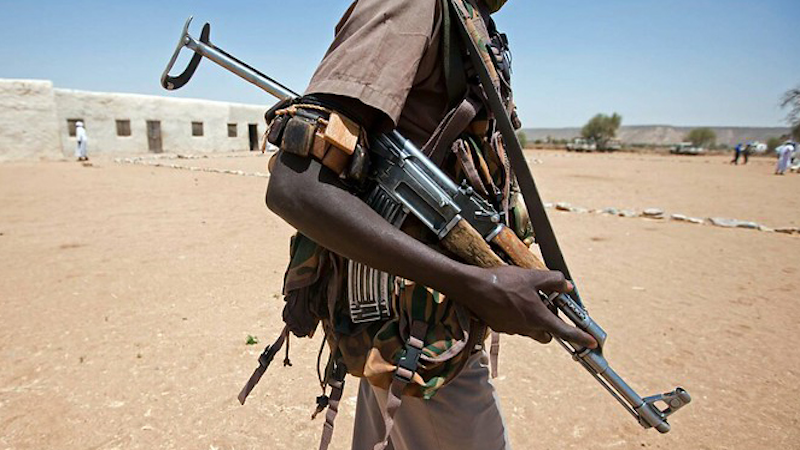
By Lisa Vives
The biggest hunger crisis in the world is unfolding in Sudan. As of now, more than half of the country’s 45 million people urgently need humanitarian assistance.
A conflict on this scale should top the news agenda but it has been relegated to the back pages – in part – because of what is happening in Gaza and Ukraine.
In May, the United Nations warned that 18 million Sudanese are “acutely hungry” including 3.6 million children who are “acutely malnourished.” The western region of Darfur, where the threat is greatest, is nearly cut off from humanitarian aid.
According to one projection, as much as five percent of Sudan’s population could die of starvation by the end of the year.
This dire situation is not the result of a bad harvest or climate-induced food scarcity. It is the direct consequence of actions by both sides of Sudan’s terrible civil war.
Since April 2023, the Sudanese Armed Forces, headed by General Abdel Fattah al-Burhan, have been locked in a devastating conflict with the Rapid Support Forces, a heavily armed paramilitary group led by General Mohamed Hamdan Dagolo, known as Hemedti.
As the two former allies struggle for supremacy, both have deliberately used starvation tactics to advance their war aims. The RSF fighters operate like human locusts, stripping cities and countryside bare of all movable resources.
Heirs of the infamous Janjaweed militia—the ethnic Arab fighters who inflicted massacre and starvation in Darfur between 2003 and 2005, leaving over 150,000 civilians dead—they use this plunder to sustain their war machine.
The SAF, which is the dominant power in the United Nations-recognized government of Sudan, has blocked humanitarian aid to the vast areas of the country under RSF control.
Now, for the first time, Karim Khan, the chief prosecutor of the International Criminal Court has requested international arrest warrants against top Israeli officials for the crime of “starvation of civilians as a method of warfare” in the Gaza Strip, citing substantial evidence of the deprivation of food, fuel and water, threats to aid workers, and the drastic restriction of the flow of humanitarian aid in Israel’s eight month campaign there.
If the court approves the warrants, it could create an important precedent for Sudan, where even greater numbers are being subjected to these same tactics—and where ICC jurisdiction still runs, pursuant to a UN Security Council resolution in 2005.
On June 11, Khan announced that he was stepping up an urgent investigation of war crimes in Sudan.;

